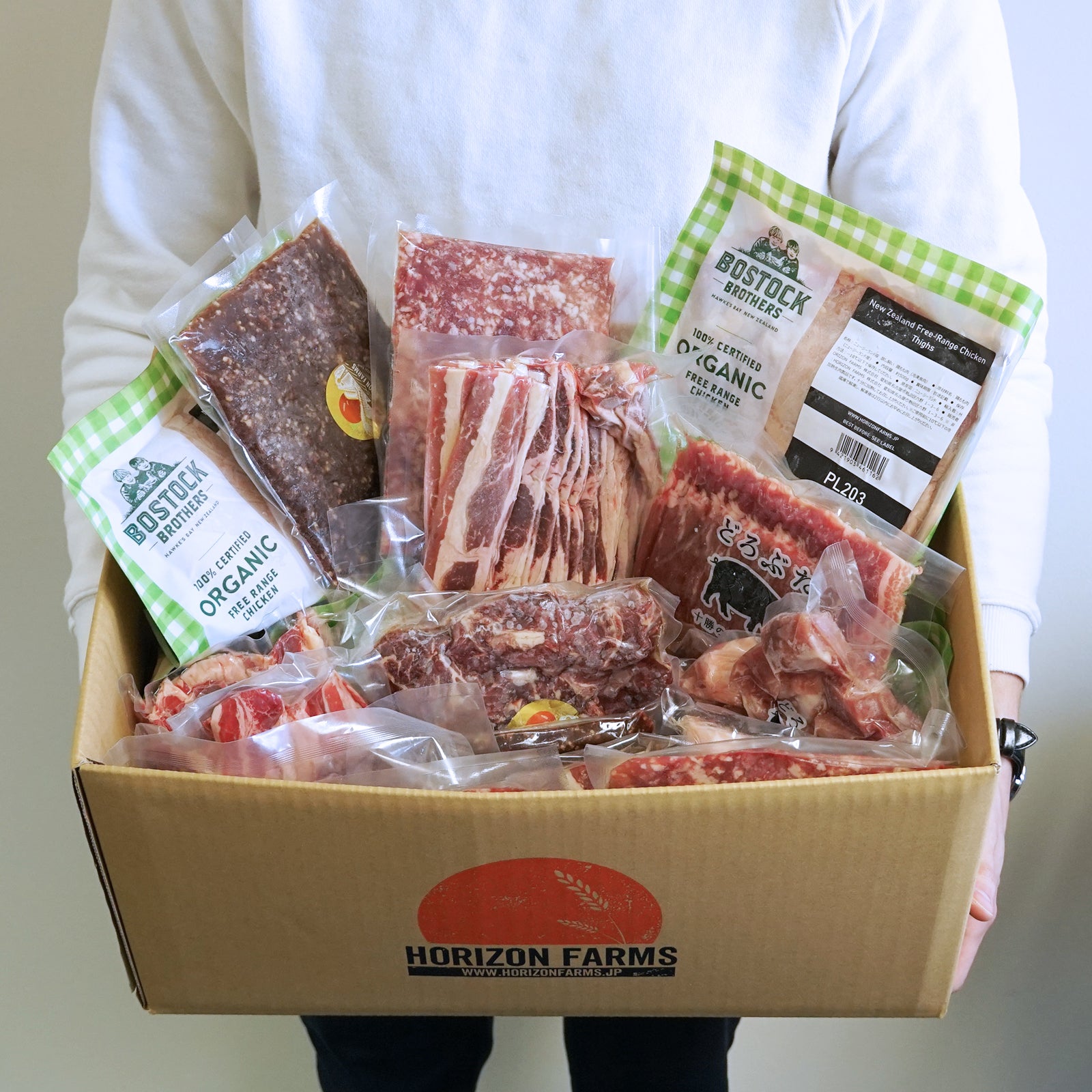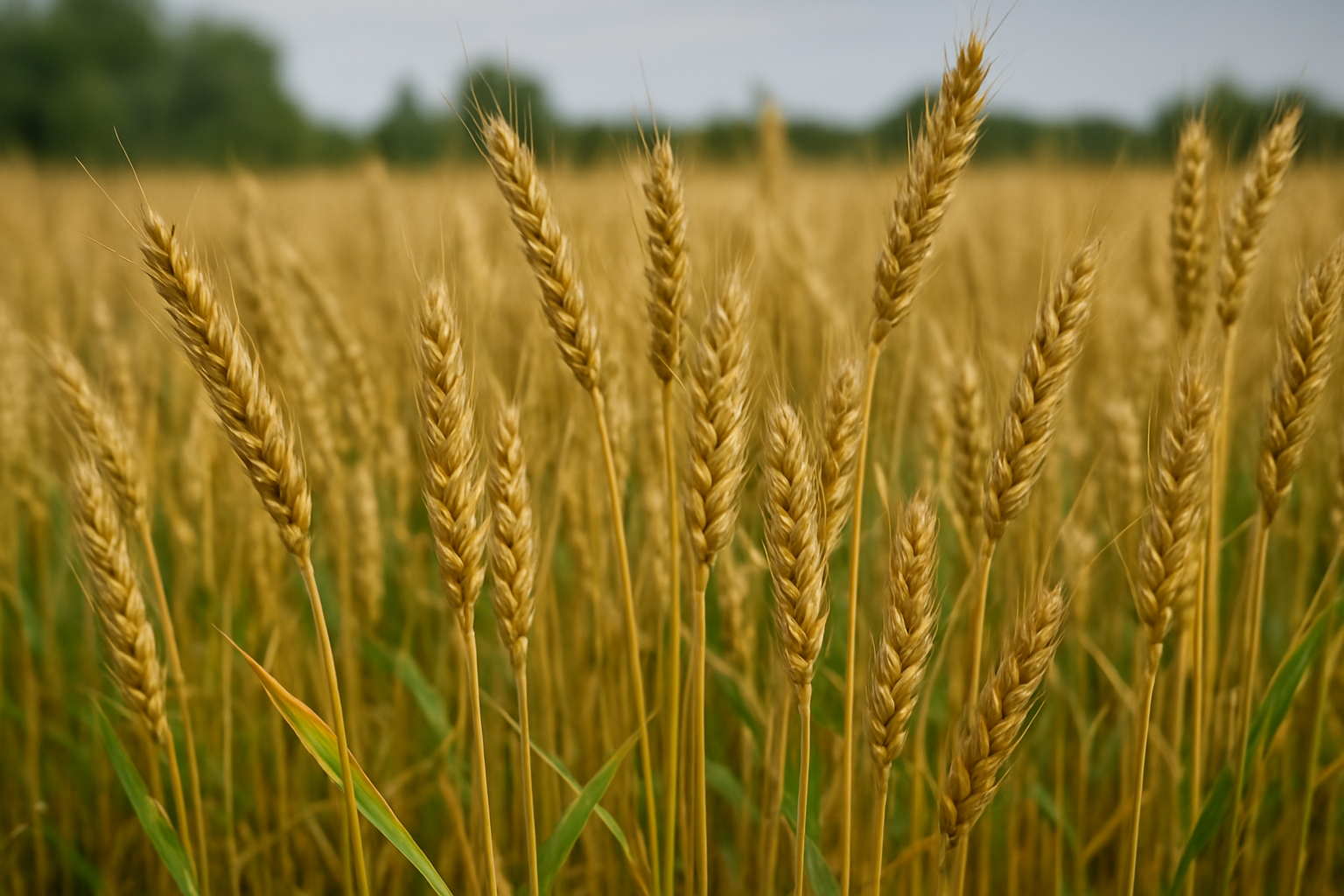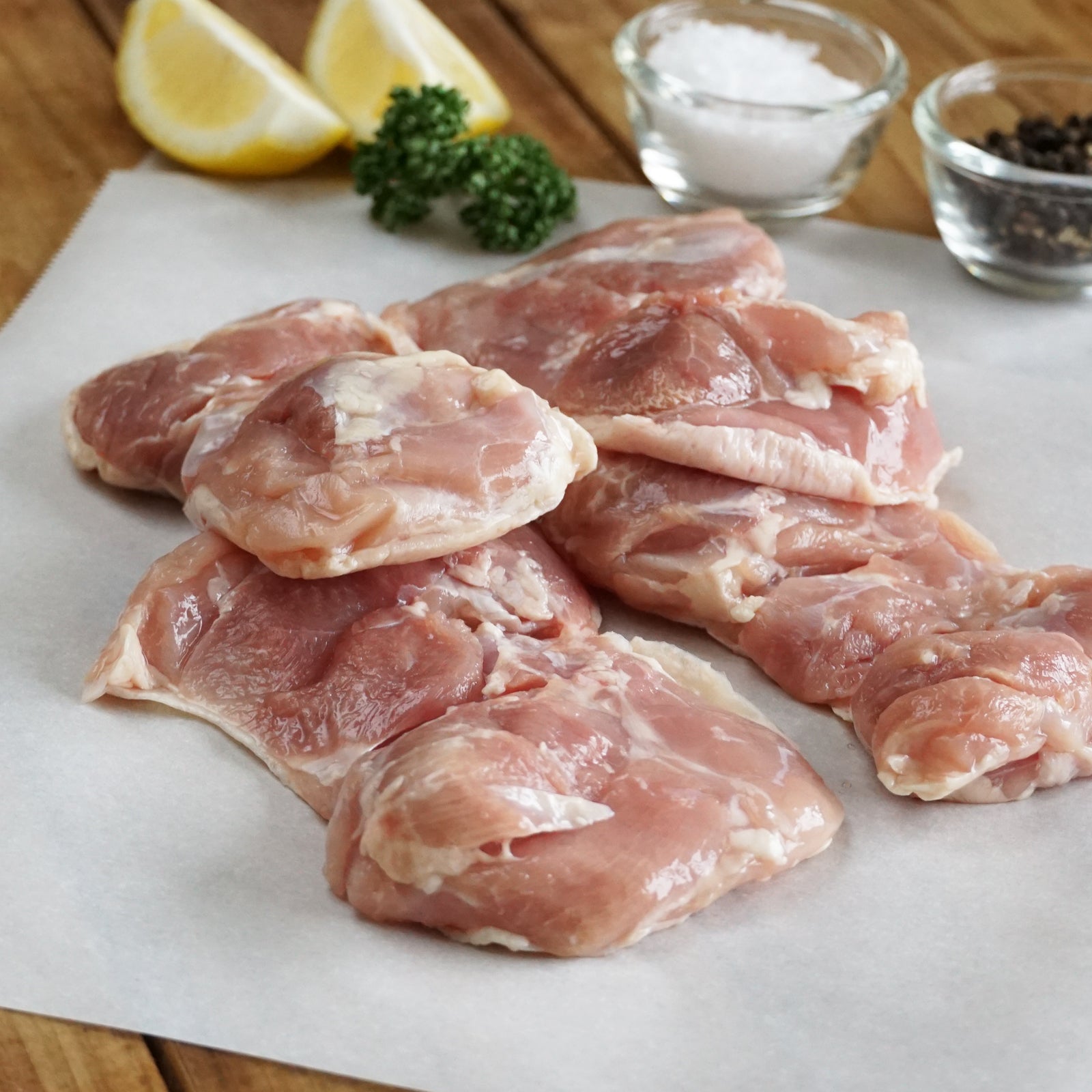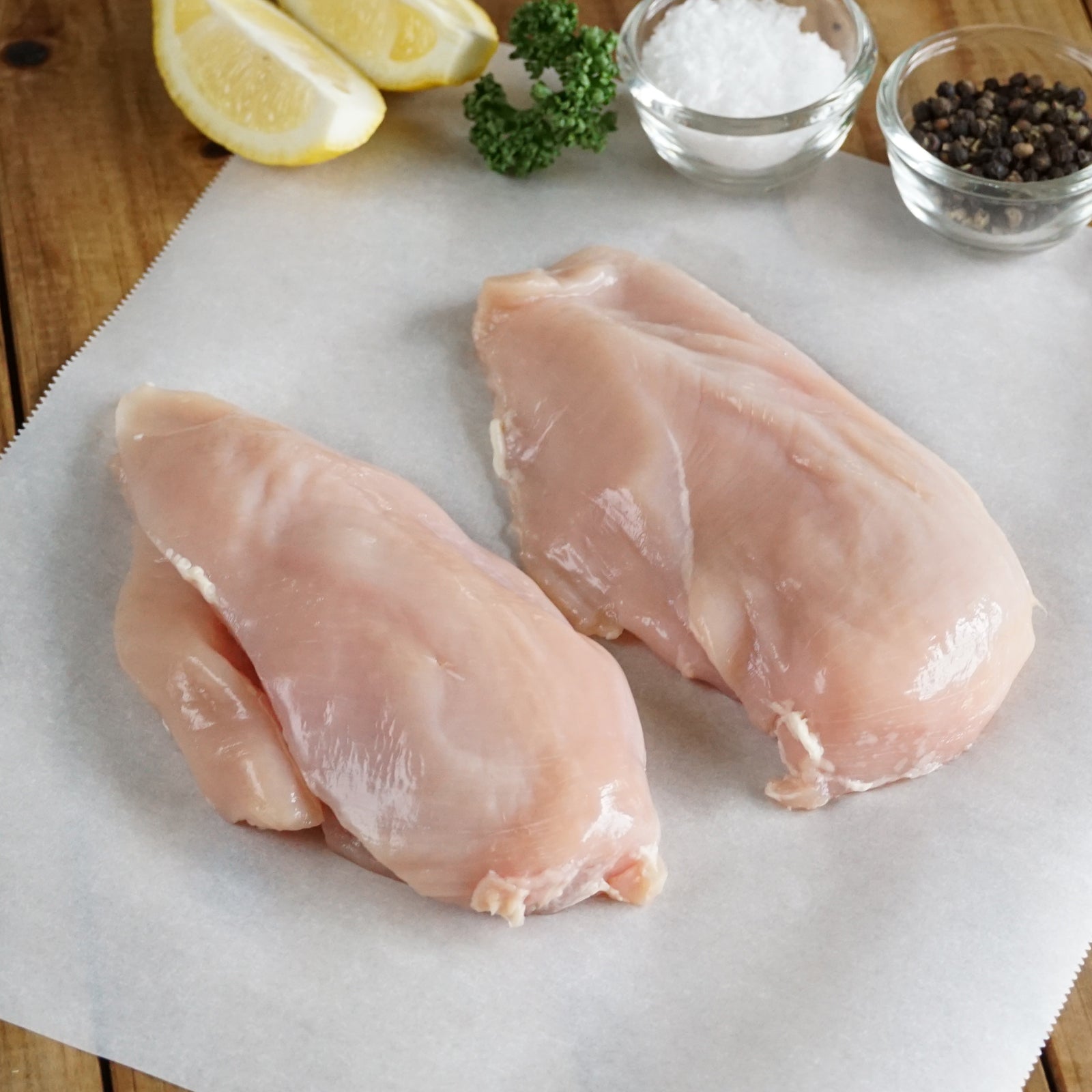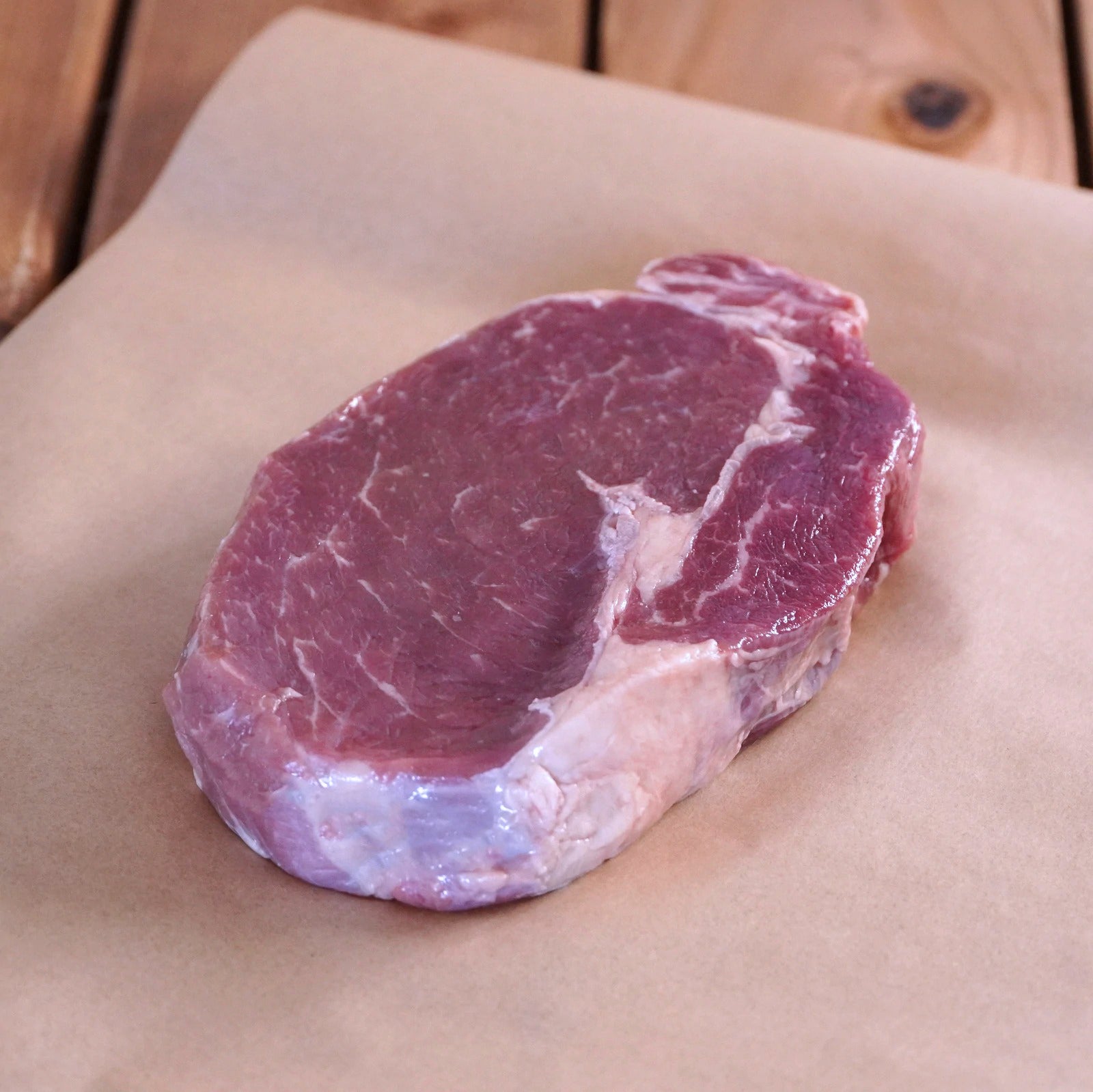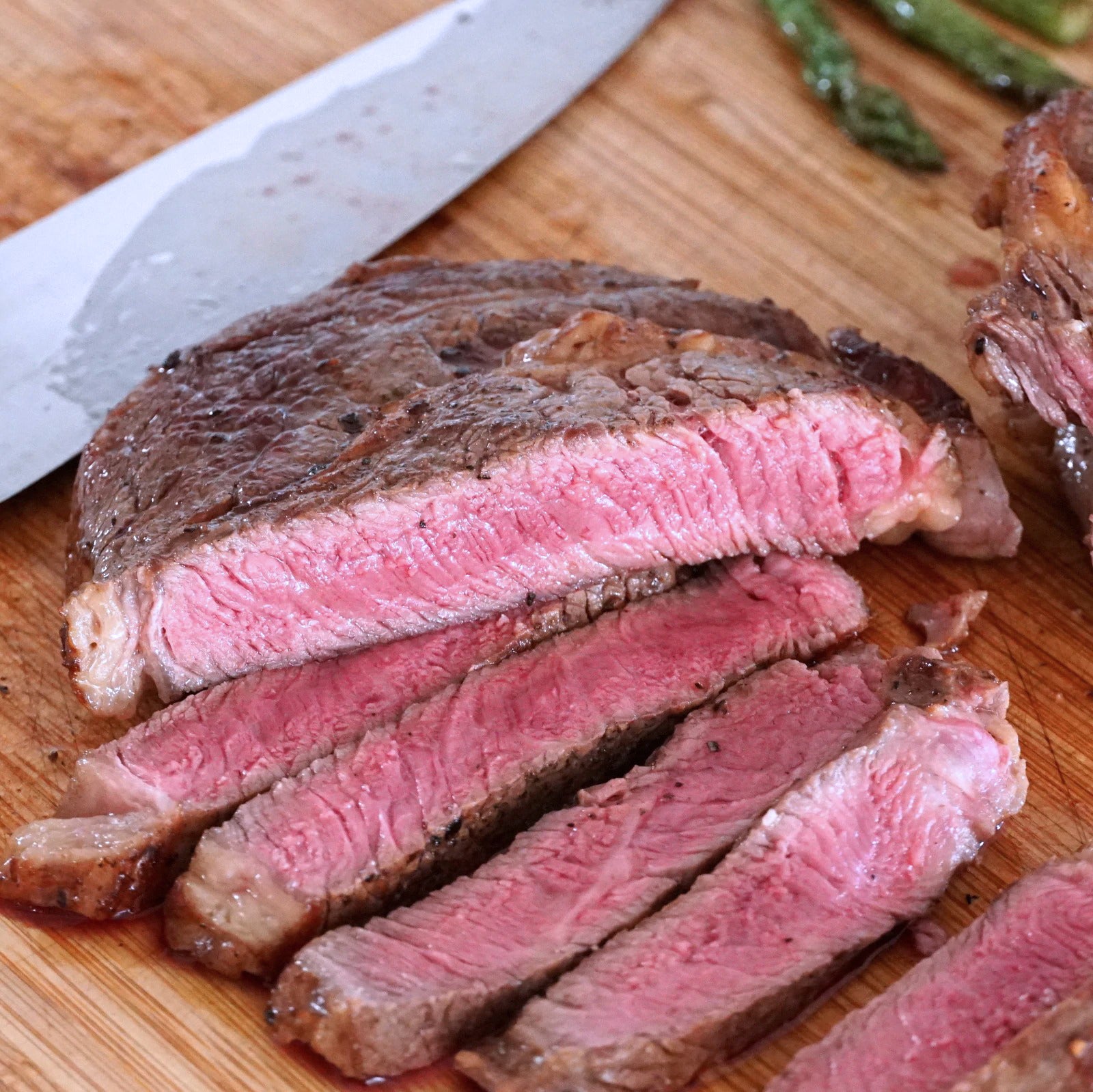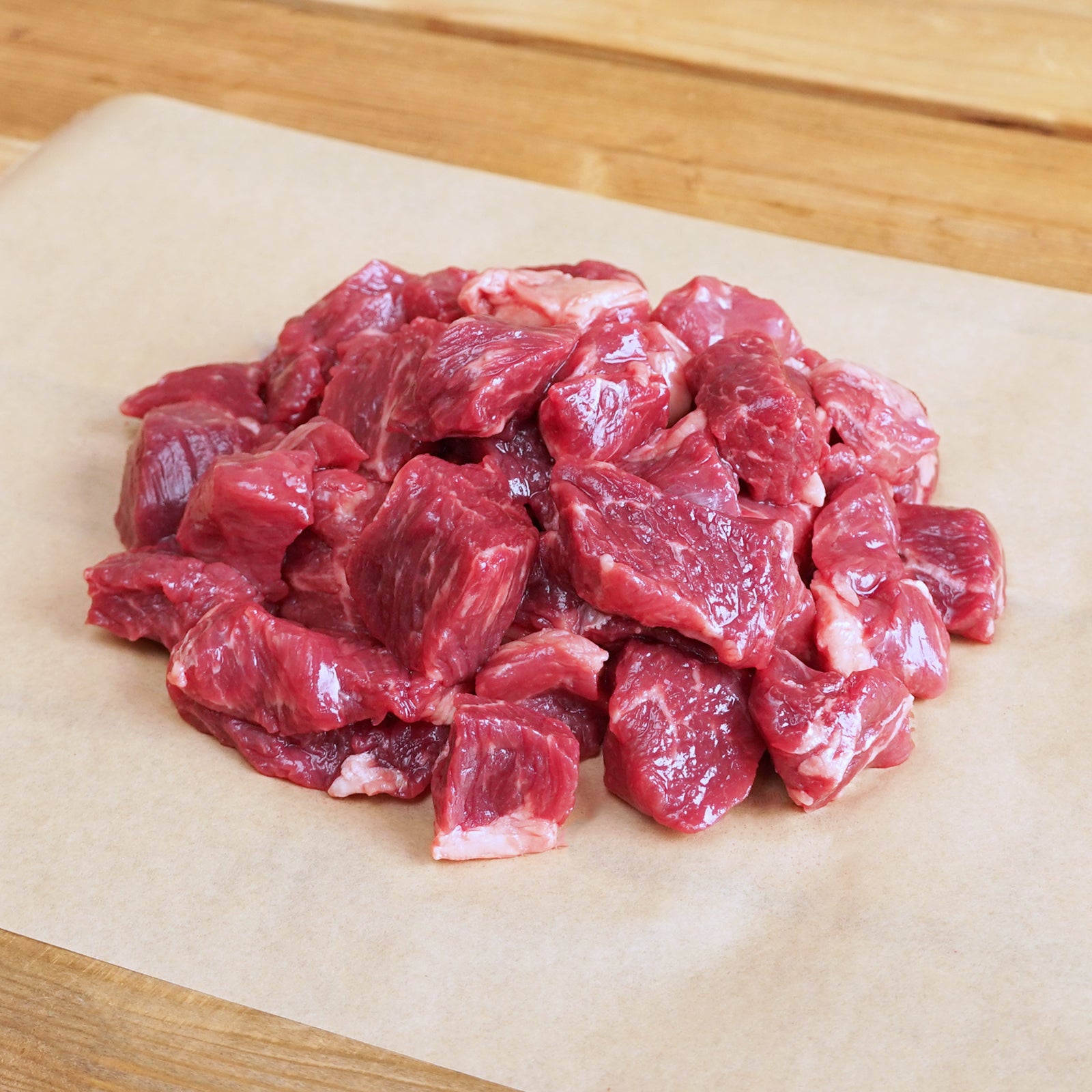Animal Welfare Basics
The idea of animal welfare has been defined by the World Organisation for Animal Health (WOAH) as "the physical and mental state of an animal in relation to the conditions in which it lives and dies." Essentially the idea is for animals to be able to function naturally and live without pain. It specifically refers to pets, livestock, test subjects, and other animals under human care, so wild animals are not included.
This definition was originally established in the UK in the 1960s when activists for the welfare of livestock began criticizing producers of livestock based products. As criticism grew over the treatment of animals, the British government established standards that all livestock must be free to stand up, sleep, turn around, groom themselves, and stretch their legs. From this standard came the so-called "Five Freedoms":
- Freedom from hunger and thirst
- Freedom from discomfort
- Freedom from pain, injury, or disease
- Freedom to express normal behavior
- Freedom from fear and distress
It's important to point out that animal welfare does not mean rejecting the idea of animals as food. Putting emotions aside, it is solely focused on the improvement of the environments that animals are raised in, and it differs in purpose from "animal rights."
Relevance of Animals' Physical and Mental Health
It is often said about humans that the heart and mind are connected. If the body is feeling under the weather, the mind also tends to weaken. The idea that excessive stress can cause physical ailment is also a well-known fact that maybe even some of us are familiar with. Animal health works exactly the same way.
Particularly in the livestock industry where quantity is often prioritized over quality, harsh conditions for animals have grown widespread. These harsh conditions can easily lead to health problems, and then food products from the unhealthy animals are consumed by people. Looking at it this way, it's easy to see that while these conditions are obviously not good for the animals, the lingering effects have a negative impact even on humans.
Importance of Animal Welfare
Taking a look at animal welfare around the world, efficiency in animal production tends to be emphasized, leading to a quantity over quality mindset. Livestock animals are stuffed into cramped spaces, unable to move freely, and fed ample amounts of feed in an effort to speed up the growth process. This system of objectifying living animals as things has become the norm. Naturally the animals themselves aren't happy within such an environment.
If animals are raised in a comfortable environment, their true form and true personality will come through. Producers who see that might have new realizations that the animals deserve to be treated well while they live. Even if the animals will eventually be used for meat, many producers might recognize the value of life.
Another benefit of a natural environment for growth is that the animals' potential for stress and disease is reduced. In other words, the animals will be more healthy. Diseased livestock can't be sold due to the dangers posed to human consumers. Therefore, reduction of stress and disease within the animals is in the best interest for the producers as well.
If animals are raised in a healthy environment, the need for treatments and medicine is no longer necessary. When they are able to get all the nutrients they need (and only what they need) from their food, it results in meat that is safe and worry-free for the people that eat it. So when thinking about the concept of animal welfare, it's not just for the animals. The principles established also greatly benefit both producers and consumers who enjoy animal products.
Ministry of Agriculture, Forestry, and Fisheries' Animal Welfare Initiative
The Japanese government's Ministry of Agriculture, Forestry, and Fisheries (MAFF) has initiated 3 efforts in regard to animal welfare.
In July 2023, they released detailed technical guidelines for the transport and euthanasia of dairy cows, beef cows, pigs, egg-laying chickens, broiler chickens, and horses (partially translated into English here). They also released a checklist to help producers objectively understand rearing conditions, thereby outlining specific ways for producers to improve their own techniques.
The second initiative was to begin an open meeting for people to share their opinions regarding animal welfare in an effort to deepen overall understanding. This began in January 2022 and has been held two more times since. In addition to holding the actual event, all of the proceedings are posted on their website for anyone to read in Japanese. If you're interested in taking a look yourself, you can follow this link (Japanese only).
In October 2023, MAFF also released a document that has been translated to English called "Farm Animal Management in Consideration of Animal Welfare" which can be read from the link. This document summarizes the fundamentals of animal welfare in an easy to understand package. It includes several specific topics like how to handle livestock carefully and how to understand livestock animals' health by observation and record-taking.
Positive Action
Beyond Japan, some pioneering western countries have also begun to introduce rules and regulations. While not every country is moving at the same pace, several nations have established rules against keeping chickens in cramped cages that don't allow them to move around. Many large overseas retailers are also getting on board with the idea and working toward improvements and certifications even beyond legal regulations as a way to improve their brand. Supplying producers must also elevate their animal welfare practices in order to do business with such companies. Achieving certification not only secures distribution channels, but also contributes to consumer awareness about the issue.
Japan's Response
The guidelines established by MAFF are not enforceable by law, rather they merely outline the concept of animal welfare and suggest desirable practices. Nevertheless, the guidelines now serve as the basis for various certification standards.
One such certification is from the Animal Welfare Livestock Association. Through their certification system, "Animal Welfare Certification" can be added to product labels, and this is sure to appeal to many consumers. Yamanashi prefecture has created its own certification system for animal welfare as well. With these and other examples, it's clear to see that domestic developments are emerging and continuing to grow at a rapid pace.
Animal Comfort
The main point that animal welfare is based on is the idea of a comfortable lifestyle for the animals being prioritized over the conveniences of the production facilities. In addition to handling livestock with care and observing and recording the status of their health, the following are also emphasized:
- Good quality food and water
- Consideration for air quality, temperature, and a comfortable living space
- Cleanliness including washing and disinfection
- Protection from predators
If these tenets are adhered to, the wellbeing of the animals should also remain intact.
Animal Welfare in Practice
On the topic of good quality food and water, there are increasing reports of herbivores being raised on green grass rather than feed from machines. Since food is such an essential part of life, improvement in how animals eat is sure to bring about great results.
Some beef producers have recently been taking great care to keep animals comfortable in extreme temperatures. In the hot summer months, fans and mist machines are used to keep the cows cool. Likewise during cold winter days, jackets are placed on the young calves to help them maintain their body heat.
Additionally, there have been reports of innovative practices such as incorporating natural lighting through roofs and ceilings, challenging the common perception of barns being dimly lit spaces. Some conscientious producers are even installing waste management systems and sensors for behavioral observation.
Conclusion - Significance of Animal Welfare
While implementing animal welfare practices is obviously a good thing for animals, the benefits have a profound impact on both producers and consumers as well. This fact alone is enough to admit that the concept of animal welfare has great value. While Japan may be lagging behind many places in the world when it comes to implementing these practices, leadership has started spearheading initiatives, and awareness is beginning to spread throughout the general population.
We at Horizon Farms also value these ideals, so you can rest assured that all of the meat we offer is free-range, and free of growth hormones and antibiotics. If you'd like, consider trying some for yourself today.
Disclaimer: Please note that while our explanations are correct, they are simplified for shortness and understanding. We encourage you to do further research on the topic.


